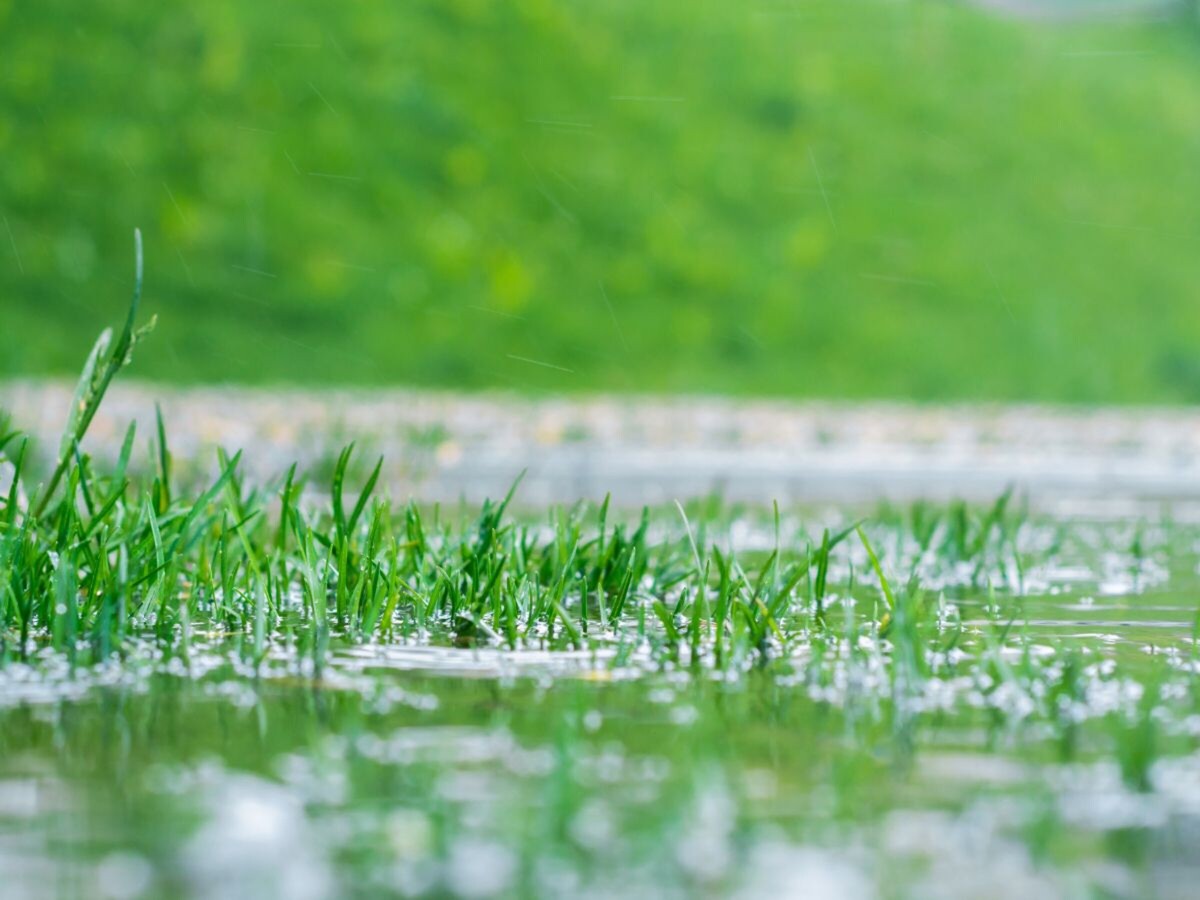Flood-Proof & Beautify Your Property with Rain Gardens
New Initiative Encourages New Jersey Residents to Build Rain Gardens for Environmental Health
Collaborative Effort by New Jersey American Water and Pinelands Preservation Alliance Promotes Sustainable Stormwater Management
MORRISTOWN, NJ – To combat the environmental challenges posed by stormwater runoff, New Jersey American Water and the Pinelands Preservation Alliance are urging Garden State residents to adopt a sustainable approach by constructing backyard rain gardens. As the spring showers begin to water the state, this initiative aims to leverage the natural process of rainwater absorption to mitigate flooding, land erosion, and water pollution.
Rain gardens, designed with native, deep-rooted perennial plants, act as natural stormwater management systems. They capture, filter, and subsequently infiltrate rainwater back into the soil, aiding in groundwater replenishment and the preservation of water quality. These gardens not only enhance the aesthetic appeal of residential landscapes but also play a crucial role in environmental conservation by reducing the volume of stormwater runoff entering rivers and reservoirs.
Laura Norkute, Director of Water Quality and Environmental Compliance at New Jersey American Water, highlighted the effectiveness of rain gardens in addressing stormwater issues.
"Rain gardens offer a simple and sustainable solution to managing the effects of stormwater runoff," Norkute stated. “By capturing and filtering rainwater in place, these gardens allow it to seep back into the ground and replenish our groundwater supplies, which account for over 20 percent of our source water at New Jersey American Water."
The challenge of stormwater runoff is exacerbated by impervious surfaces such as driveways and parking lots, which prevent rainwater from naturally soaking into the ground.
Jaclyn Rhoads, Assistant Executive Director of the Pinelands Preservation Alliance, emphasized the ecological benefits of rain gardens.
"Not only do they help to manage stormwater runoff and prevent land erosion, but they also provide habitat for birds, butterflies, and beneficial insects," said Jaclyn Rhoads, Assistant Executive Director, Pinelands Preservation Alliance.
To encourage residents to create their own rain gardens, New Jersey American Water and the Pinelands Preservation Alliance have outlined several steps, including selecting a suitable location, preparing the soil, planting native vegetation, and maintaining the garden through regular upkeep.
Steps to create a backyard rain garden:
- Pick a spot that receives runoff from downspouts or sloped areas.
- Dig a shallow depression to allow water to infiltrate.
- Plant native plants that can withstand both periods of inundation and drought.
- Mulch the garden to conserve moisture, suppress weeds, and prevent erosion.
- Maintain the garden by regularly removing debris and pruning plants as needed.
Furthermore, the Pinelands Preservation Alliance is offering a Landscape Makeover Program, which includes a free Rain Garden 101 Webinar on April 17 and a Rain Garden Rebate Program for homeowners in select communities. For those interested in sourcing native plants for their rain gardens, a Native Plant Sale will be held on Saturday, April 27, in Southampton.
About the Pinelands Preservation Alliance and New Jersey American Water
Founded in 1989, the Pinelands Preservation Alliance stands as the foremost advocate for the conservation of the New Jersey Pinelands, encompassing over 800,000 acres of forest and the Kirkwood-Cohansey aquifer.
New Jersey American Water, a subsidiary of American Water (NYSE: AWK), is the state's largest regulated water utility, serving approximately 2.9 million people with high-quality water and wastewater services.















